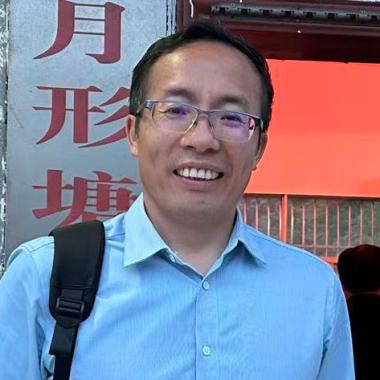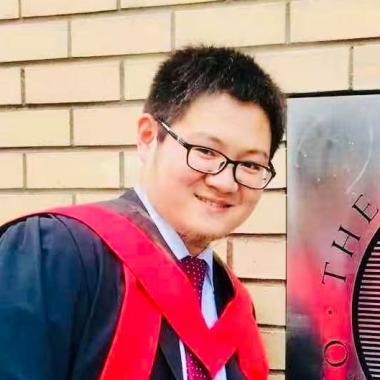Welcome to join this exciting event jointly organised by HOMELandS research centre and the Contemporary Chinese Centre at the University of Westminster, focusing on the issue of national identities in global China.

China has become an increasingly popular destination for a large number of foreign nationals seeking employment and permanent residence. This new phenomenon has posed questions for academics, policy makers and the public on the boundary setting and regulation of citizenship in the PRC. In this talk, Prof. Guo Zhonghua will share the findings of his most recent research into the topic, followed by a dialogue with Dr. Canglong Wang on the intersectionality of history, ethnicity, education and social welfare in the making of national identities in contemporary China and beyond.
Abstract
Social media is playing a pivotal role in the social lives of citizens, with online participation frequently reflecting their political identities. Although China is not viewed as an immigration country, since the implementation of the Reform and Opening-Up Policy in the late 1970s, an increasing number of foreigners have settled and worked in China, giving rise to notable pressures related to citizenship. In 2020, the Chinese government issued the Regulations of the PRC on the Administration of Permanent Residency for Foreigners, aiming to address this issue. However, the Regulation encountered fierce opposition on social media, which compelled the government to withdraw it. This lecture utilizes this typical case to explore the primary methods by which citizens establish their national identities. The case demonstrates that national identity is constructed through a variety of factors, including ethnicity, history, education, and social benefits. Significantly, national identity is not static; under certain conditions, an inclusive national identity can prove to be highly exclusionary.
Speaker: Prof. Zhonghua Guo (Nanjing University)
Discussant: Dr. Canglong Wang (University of Brighton)
Chair: Prof. Cangbai Wang (University of Westminster)
The event is free to attend but registration is required.
About the speaker

Zhonghua Guo
Zhonghua Guo serves as a professor of political science at the School of Government, Nanjing University, China. His research primarily centers on the formation of the national state, Chinese citizenship, and governance in contemporary China. His research papers have been published in journals including Journal of Chinese Governance, Journal of Chinese Political Science, International Sociology, and Citizenship Studies. He serves as the sole editor of The Routledge Handbook of Chinese Citizenship, co-chief editor of Social Transformations in Chinese Societies, and associate editor of Citizenship Studies.
About the discussant

Canglong Wang
Canglong Wang is a Lecturer in Sociology at the University of Brighton. He earned his PhD in Sociology from the University of Edinburgh. His research extensively explores the cultural, social, and political implications of the revival of Confucian education in contemporary China. He has a persistent research interest in Confucianism and citizenship in China. He is the author of Cultivating the Confucian Individual: The Confucian Education Revival in China (Palgrave Macmillan, 2023) and The Rise of Confucian Citizens in China: Theoretical Reflections and Empirical Explorations (Routledge, 2024), and the co-editor of Reconsidering Chinese Citizenship: Cultural Roots and Cultural Reach (Routledge, 2025).
